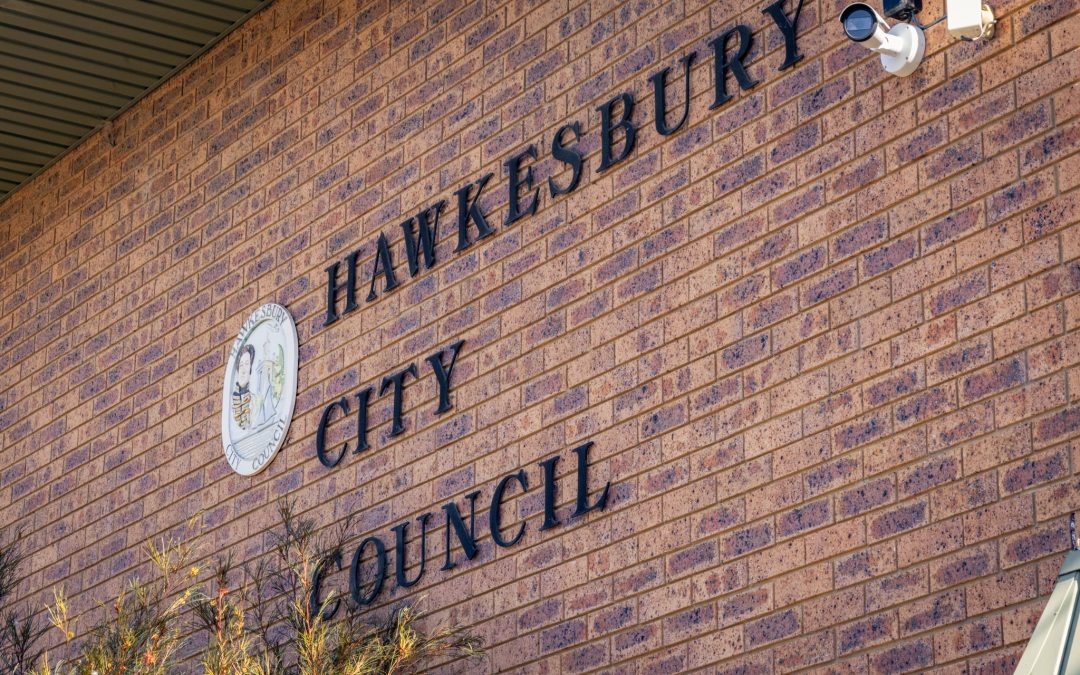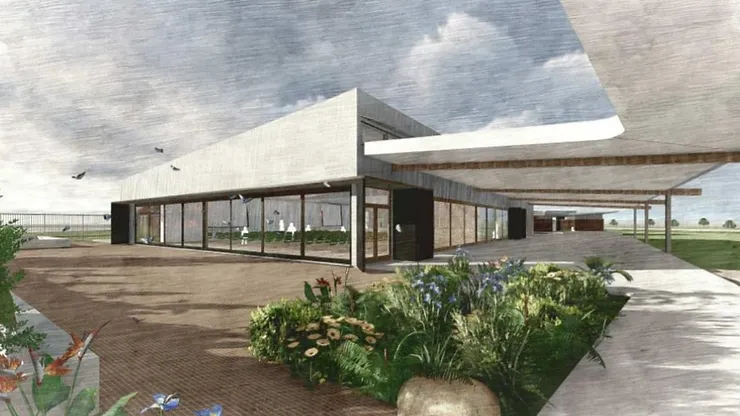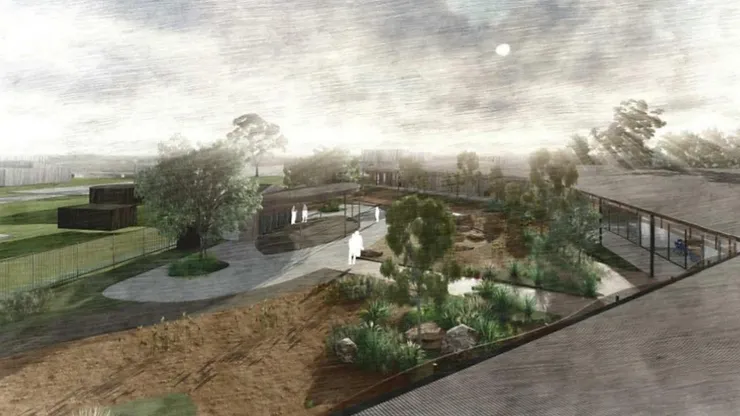Hawkesbury Post contacted all...


Hawkesbury Post contacted all...

In a heartwarming recognition of community...

After more than two decades of dedicated service, the...
The planned new Centre of Excellence in Agricultural Education on the Hawkesbury Western Sydney University site – originally slated to cost $39m – has been abandoned on the chosen site due to elevated PFAS chemical levels that cannot be practically cleaned up sufficiently to allow the facilities to be built.

Artist’s impression of part of the planned Agricultural College…
The news has led to concerns from some nearby residents about whether PFAS chemicals have got into groundwater and therefore drinking water.
“What this questions for me now is how much of the Richmond and Hobartville area has elevated PFAS levels, as these residential suburbs are close by,” says Matthew Parkes, who is President of the Richmond Bridge Traffic Action Group
An investigation back in 2018 into per- and poly-fluroalkyl substances (PFAS) contamination on and around the Richmond RAAF Base found a 10-square-kilometre plume of the chemical in groundwater. The PFAS contamination came from the use of legacy firefighting foam at the Base, phased-out in 2004. But this latest discovery of PFAS at the WSU site is far outside the original investigation area, which was set up to see how far the PFAS from the RAAF base might have travelled.
The news that PFAS had been found at “elevated levels” at the WSU site came out of a progress report released on Wednesday by the NSW Department of Education – School Infrastructure division, which said the construction of the new site had been hit by heavy rainfall and flooding which had seen groundwater, “being trapped below the land surface of the school site”.
Investigations found the groundwater – which they had intended to drain – had “elevated PFAS levels in the water source”.
“After further testing we have determined that the elevated PFAS levels on the site cannot be practically remediated for the facilities required of an agricultural school.”
In other words there could be a risk to staff and students.
PFAS is found in everyday products including non-stick cookware, stain-resistant upholstery and carpet, water-resistant clothing, some photo-imaging applications, such as X-ray films and some firefighting foams and products that resist grease, water and oil.
People are exposed to small amounts of some PFAS in everyday life, through food, dust, air, water and contact with consumer products that contain these compounds and while there is no conclusive evidence PFAS causes any specific illness in people, concern has been raised globally due to its persistence in the environment.
Matthew Parkes says he’s concerned about whether PFAS has got into groundwater nearby.
“The agricultural school is now having to be relocated and meanwhile contractors for the proposed bridge route are drilling at the edges of Southee Rd – just about a kilometre from the proposed school site – and do they know about the potential levels of PFAS?
“Have our local residents been exposed to these elevated levels of PFAS and is it in the water stream, the water we’re drinking? And we’ve got agriculture being produced on the university campus too, has it affected that?
The Centre of Excellence in Agricultural Education is planned to be a state-wide resource delivering world-class agricultural and science, technology, engineering and mathematics (STEM) education.
When complete, the project will deliver five science labs, learning areas, a dining hall, conference space, and canteen for students among other facilities.

An artist’s impression of how part of the college would look on completion…
In the Department of Education’s April progress report they say they have notified the NSW Environment Protection Authority (EPA) about the levels of PFAS and say they will work closely with them on the next steps.
Meanwhile, the Department of Education are looking for an alternative site for the Centre of Excellence in Agricultural Education within the University of Western Sydney Hawkesbury campus.